William Shakespeare: Poet. Playwright. Early crowd-surfer. Fraud? In the film Anonymous, director Roland Emmerich and writer John Orloff set out to voice an alternative story of the Bard’s life than the one we know. Released in limited theaters Oct. 28, and in more soon after, Anonymous presents modern audiences with a passionate tale, and Shakespeare fans with an upset.
Ever since its trailer appeared, the topic of Anonymous became one making my blood boil. Ready to tear its theory to shreds, I boldly set out to the theater, Shakespeare keychain clenched at my side. How does a lifelong admirer of Shakespeare take an unbiased angle on a movie attempting to discredit him?
We begin in modern day New York City, where Derek Jacobi presents a prologue to an audience, setting up the story. The focus shifts to the life of the Earl of Oxford, Edward De Vere (Rhys Ifans and Jamie Campbell Bower), and the life restricting his passion for writing in the 1500s and 1600s of England.
As an earl growing up to be a prominent political figure, he is pressured to suppress his love for poetry and playwriting. After his works pile up, he seeks a another figure, writer Ben Johnson (Sebastian Armesto) to direct the works onstage.
When Johnson feels too much pressure to carry out the task, actor William Shakespeare (Rafe Spall) forces his way into the picture, and takes over the Earl’s work. Unable to escape Shakespeare’s threat of blackmailing, Oxford provides the necessary means for putting on the productions. When the plays receives high public acclamation, Shakespeare revels in the cheers as the Earl sits up in the audience.
However, everyone connected with the situation finds themselves in danger of the strict ruling at the Tower of London. When any sort of detail reflecting political opinions against royals, they are taken into custody, and even killed. In addition, pressure stems from the secret romance between De Vere and Queen Elizabeth I (Vanessa Redgrave and her daughter, Joley Richardson) when illegitimate child complicates the relationship.
On top of these issues, the struggle to take the crown after Elizabeth sets figures against each other. Those who covet the kinghood set out to sabotage their opponents.
As expected, I found myself desperately wishing to jump into the movie and stop Jacobi in his tracks, and take over the explanation. How could they not mention all of the facts backing up the validity of Shakespeare’s works? However, before raising my axe of a review above the filmmakers’ heads, as the Tudors so aptly would, I stop to consider Emmerich’s and Orloff’s objective.
Since when do movies accurately display history or a biographical topic? The writers are aiming for an interesting, thought-provoking story, not a play-by-play depiction of someone’s life. By changing up the story of the Earl of Oxford, they present a new idea to the public.
Accepting this, I pardon the angle, in addition to the necessary adjustments made to simplify the storyline. However, I am still left me unpleased with the entire concept. I do not expect viewers to follow up the movie with research, so many may now accept the theory debunking Shakespeare’s credibility. Many inaccurate or incomplete facts were presented, leading people to believe points that are easily proven invalid.
With such an elaborate plot, the movie is often tough to follow. Despite the positive details of correlating costumes of characters, switching between past and “present,” it was nearly impossible to keep everyone straight without a foreknowledge of the entire royal genealogy. However, the costume designers put thought into keeping color schemes and styles consistent for characters over time, and the casting directors cleverly selected the right actors to portray the parts.
Though every actor was surprisingly skillful, Ifans gave the most captivating performance. He provided compelling depth to a character who I anticipated to be unlikable. He mastered a difficult character who must convey emotion through a reserved, restricted personality.
As the older version of Elizabeth, Redgrave held back nothing to capture the character. She embraced her role, and took it to the gritty extent of blackened teeth and an exhausted face. I especially appreciated this aspect, as it seems that few actors allow themselves to appear disheveled or unattractive in a role. Through Redgrave’s wholehearted performance, she was completely convincing.
Although he displayed Shakespeare as a bumbling, egotistical drunkard (which, to some extent, he probably was), I must admit that Spall brought a smile to my face. He lightened up the mood with a genuinely amusing portrayal. I do not place any blame on him for leaving out Shakespeare’s brilliant side.
The movie shifted between a few tones: gray rain, stark white snow and warm candlelight. Each was visually stunning, and supplied very natural tones with on the crystal clear film. With an array of elaborate costumes and regal settings, the cinematography was extremely pleasing to the eye.
Like Redgrave’s gritty side, the filmmakers did not hesitate to rough up the settings and characters. I was most captivated with the costumes. Oftentimes, I found myself staring at the ornate details and splendid armor. I fully expect to see the costume designers taking home an Oscar next year.
Altogether, Anonymous takes an intriguing balance between theory and quality. Depending on the standpoint, a viewer could hate or love the movie. I struggled between whether or not I should approve, but even going in with a skeptical attitude, I found myself absorbed in the movie for its story and quality. At its core, Anonymous was truly entertaining.
Even more, I came to a new appreciation for Shakespeare. I still firmly stand behind his credibility, but whether it was William, Oxford or a monkey, someone wrote incredibly beautiful work, and that cannot be debated.
Anonymous is rated PG-13 for some violence and sexual content, and runs for 130 minutes. For tickets and showtimes, visit Fandango.
For more movie reviews, read the Oct. 31 article, Ethics of ‘Courageous’ outweigh low-end graphics (VIDEO).




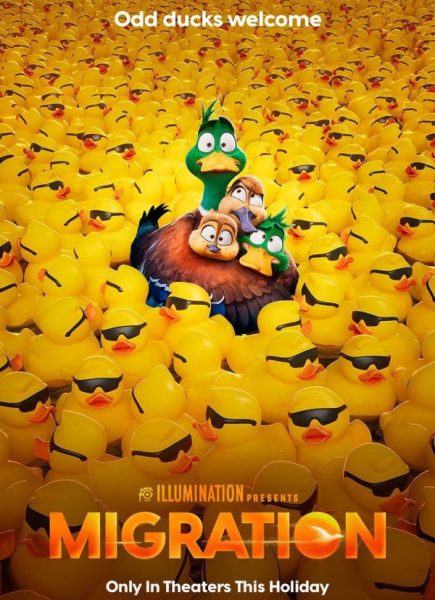





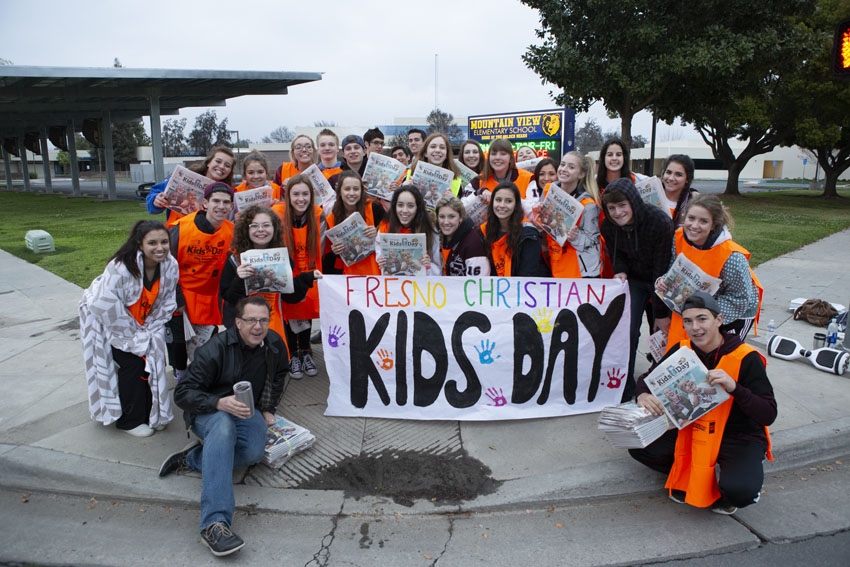
![[Video] 100th CSPA Spring Journalism Conference](https://thefeather.com/wp-content/uploads/2024/04/20240308-cspa-crown-002.jpg)

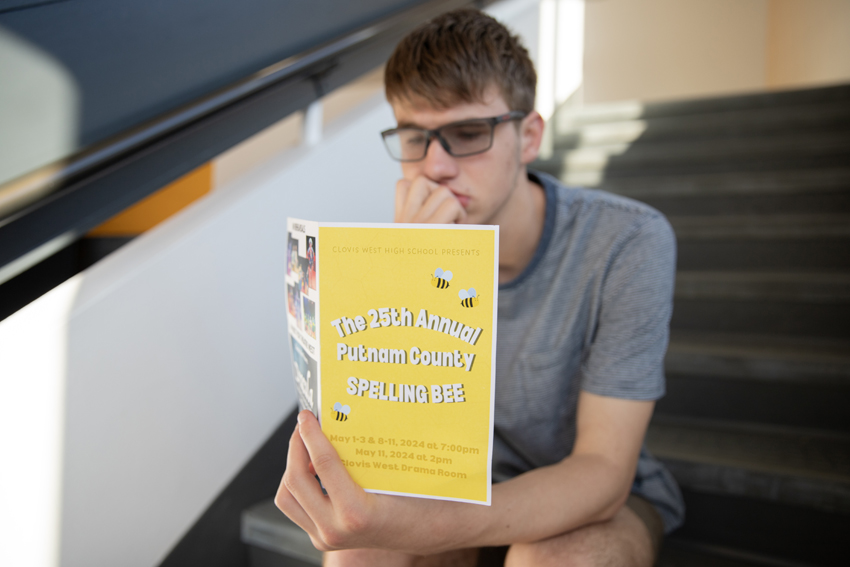


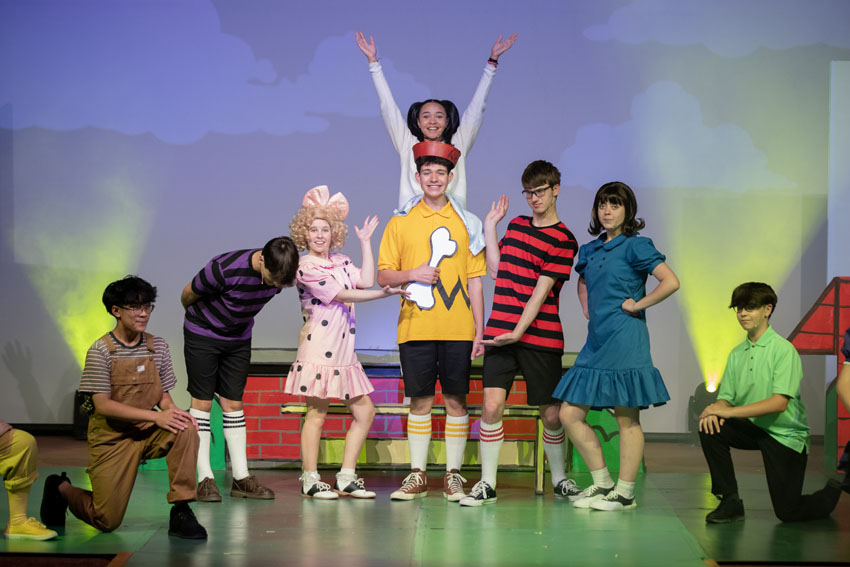
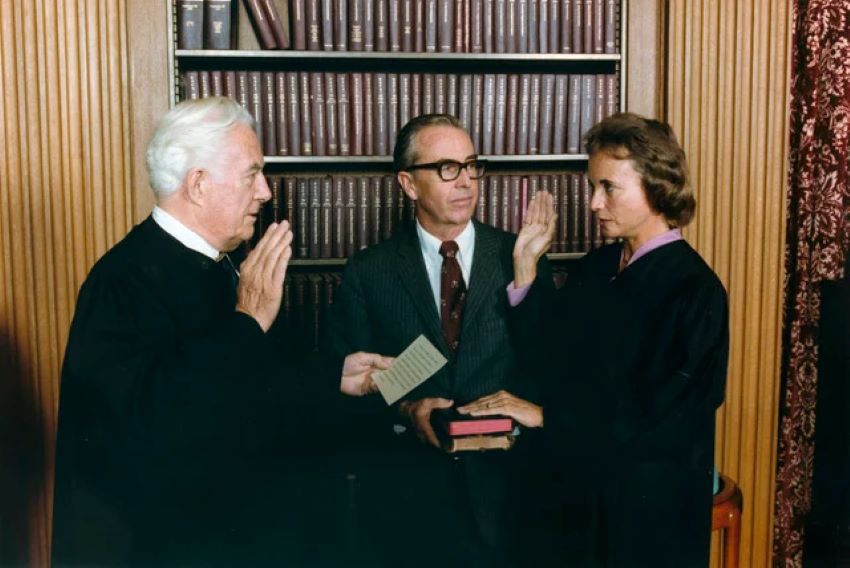

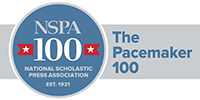
sabrina henderson • Jan 7, 2012 at 12:02 am
So excited for the fair to come to town! 🙂